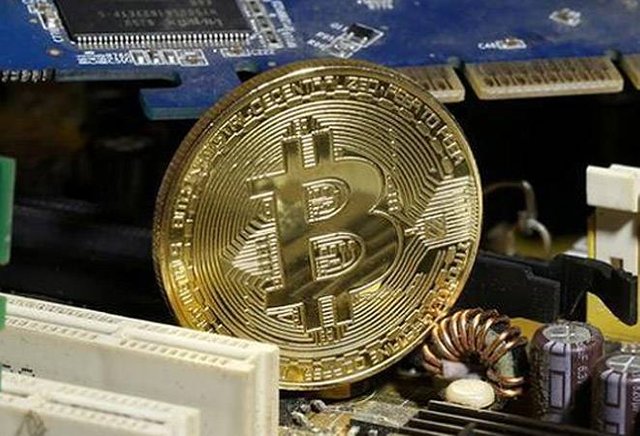Bitcoin ban: How cryptocurrency exchanges are circumventing RBI's circular
The RBI had in April directed all the banks to stop dealing with individuals and businesses dealing in virtual currencies in next three months - the deadline ended on July 5.
A day after the Reserve Bank of India's virtual currency deadline ended, some crypto-exchanges in India have announced peer-to-peer model to continue digital currency trade - which is a clear cut circumvention of the central bank's circular. The RBI had in April directed all the banks to stop dealing with individuals and businesses dealing in virtual currencies in next three months - the deadline ended on July 5. But ahead of the apex bank's deadline, some cryptocurrency exchanges such as WazirX and Koinex Loop had started working on peer-to-peer system to facilitate virtual currency trade without using normal banking channels.
A week before the RBI's ban kicked-in, WazirX CEO Nischal Shetty revealed peer-to-peer transfer system where the people can buy and sell crypto directly with each other without any hassle. "In P2P model, the buyer and seller can deal with each other directly while WazirX acts as an escrow account for holding the cryptos during the transaction so that neither party cheats the other," he said.
Nischal Shetty also explained how peer-to-peer method will work. He said the exchange will first connect the person looking to buy crypto for rupee with someone who's looking to sell crypto for rupee. Then the seller will have to deposit the virtual currency with the exchange. Then the buyer will have to pay rupee to the seller directly. And once the seller receives the payment and confirms to the exchange, the crypto-exchange will release the currency to the buyer.
In a latest tweet put out on Friday, Shetty said: "WazirX P2P is coming soon. Don't worry at all. You can transfer money directly to each other and we will help with the crypto transfers and trading. India will be part of the blockchain revolution."
Before the RBI's ban, the cryptocurrency investors were buying and selling the digital currencies through exchanges in rupee. However, after July 5, all banks and other regulated entities have stopped their services to the cryptocurrency exchanges. Banks have also started sending notifications to their customers warning against the virtual currency trade.
In one such notification, Kotak Bank, while citing RBI's circular, said: "We here at Kotak Mahindra Bank request you not to make any transaction involving virtual currencies from your bank account. However, if done so, under regulatory guidelines, we would need to close your account without further intimation."
In its circular dated April 6, 2018, the RBI had directed that the entities that it regulates shall not deal in virtual currencies or provide services for facilitating any person or entity in dealing with or settling virtual currencies. These services include maintaining accounts, registering, trading, settling, clearing, giving loans against virtual tokens, accepting them as collateral, opening accounts of exchanges dealing with them and transfer/receipt of money in accounts relating to purchase / sale of virtual currencies.
The RBI and the Finance Ministry have made it clear that virtual currencies are not legal tender and such currencies have no protection. The government has not authorised any virtual currency as a medium of exchange. It has also not given license to any agency for working as exchange.
In a statement issued last year in December, the Finance Ministry said: " Virtual currencies are not backed by government fiat. These are also not legal tender. Hence, VCs are not currencies. These are also being described as 'Coins'. There is however no physical attribute to these coins. Therefore, VC are neither currencies nor coins."